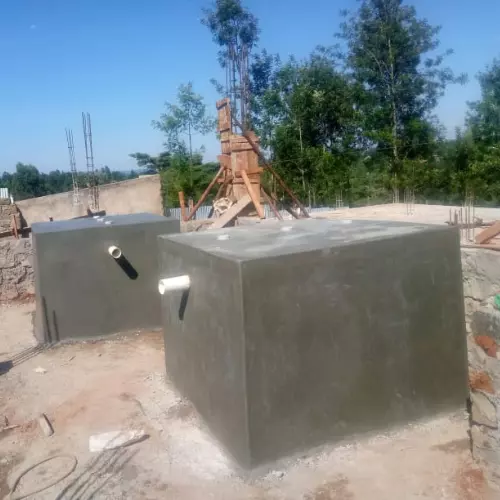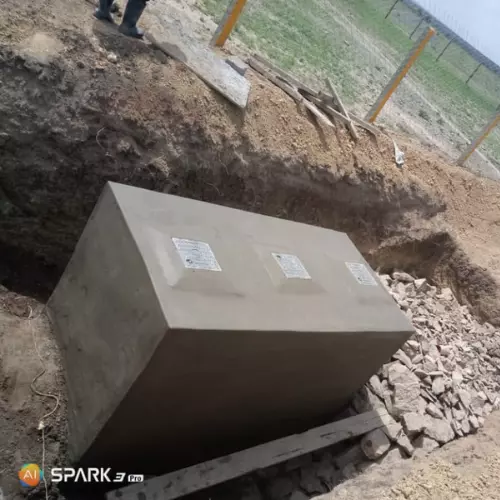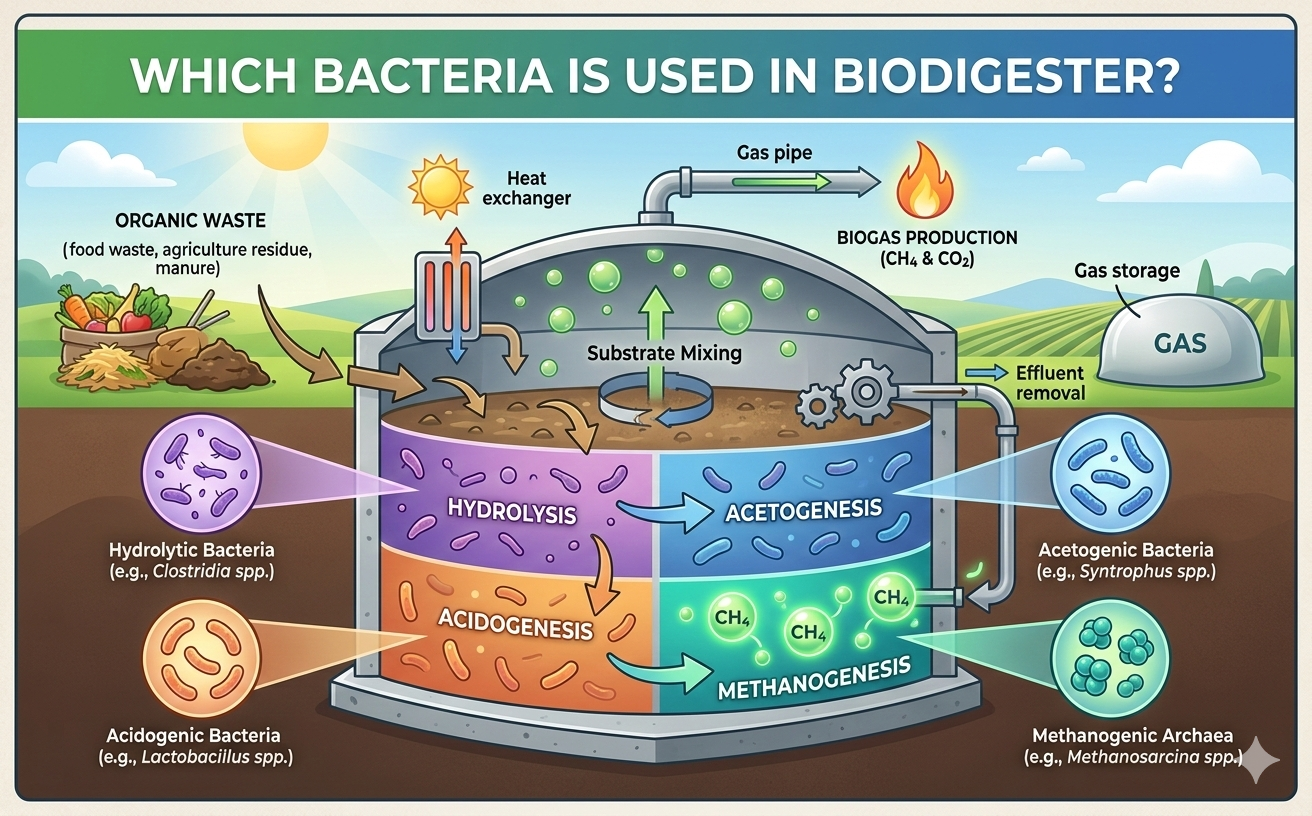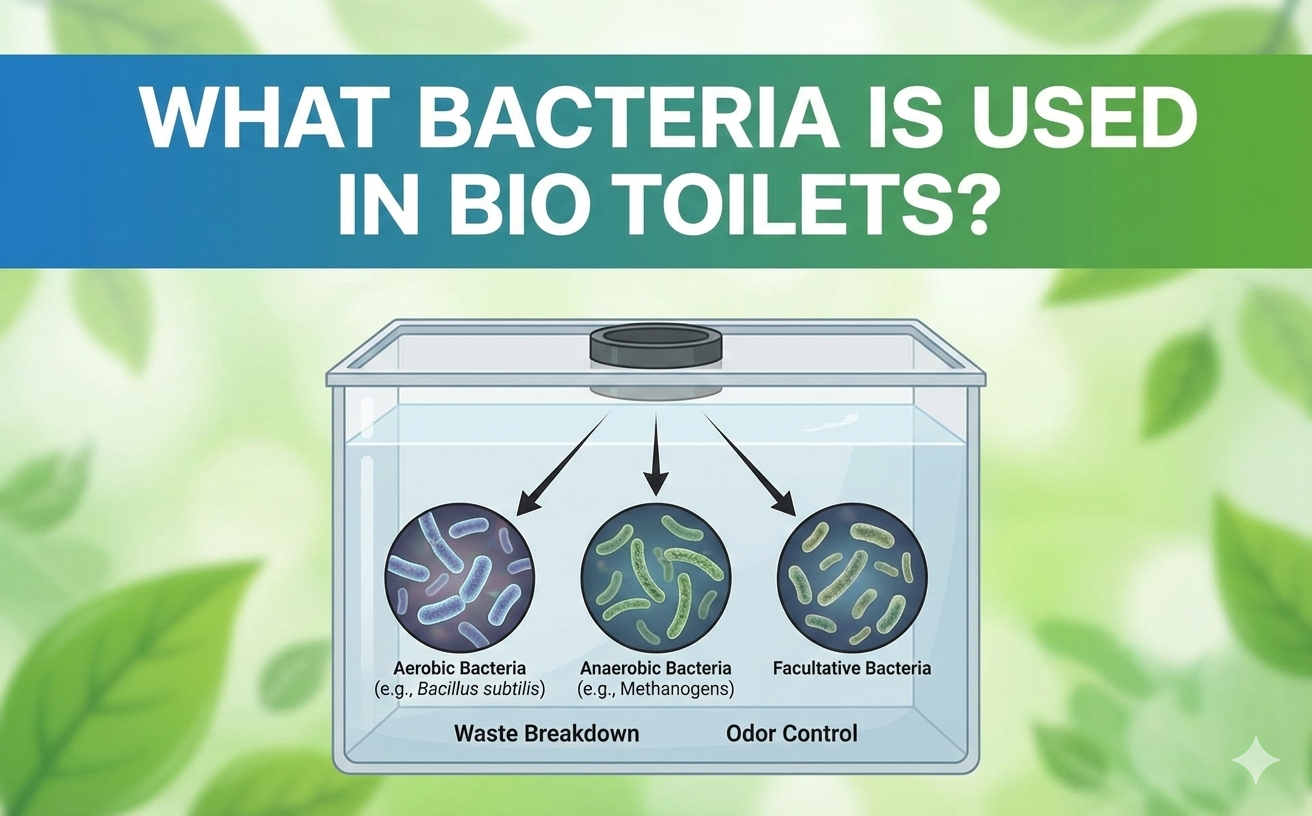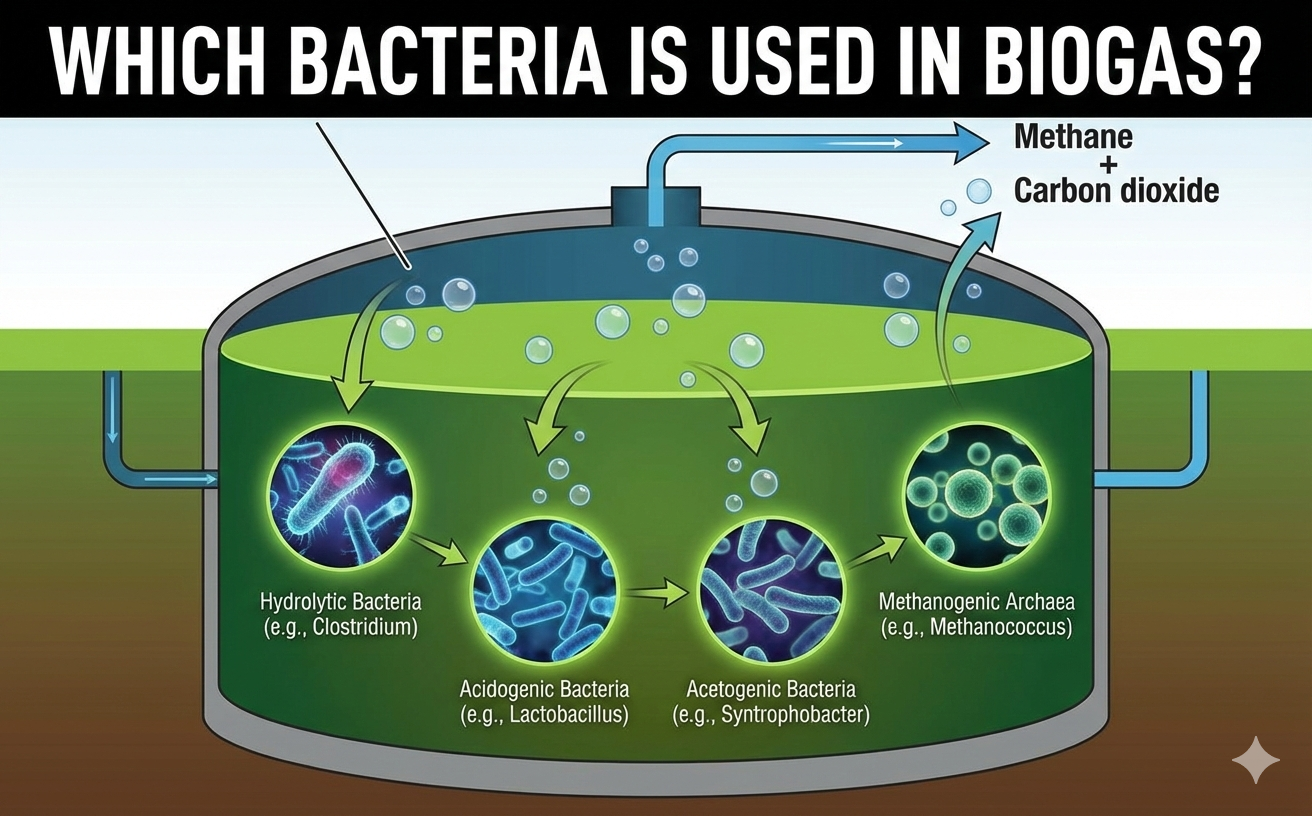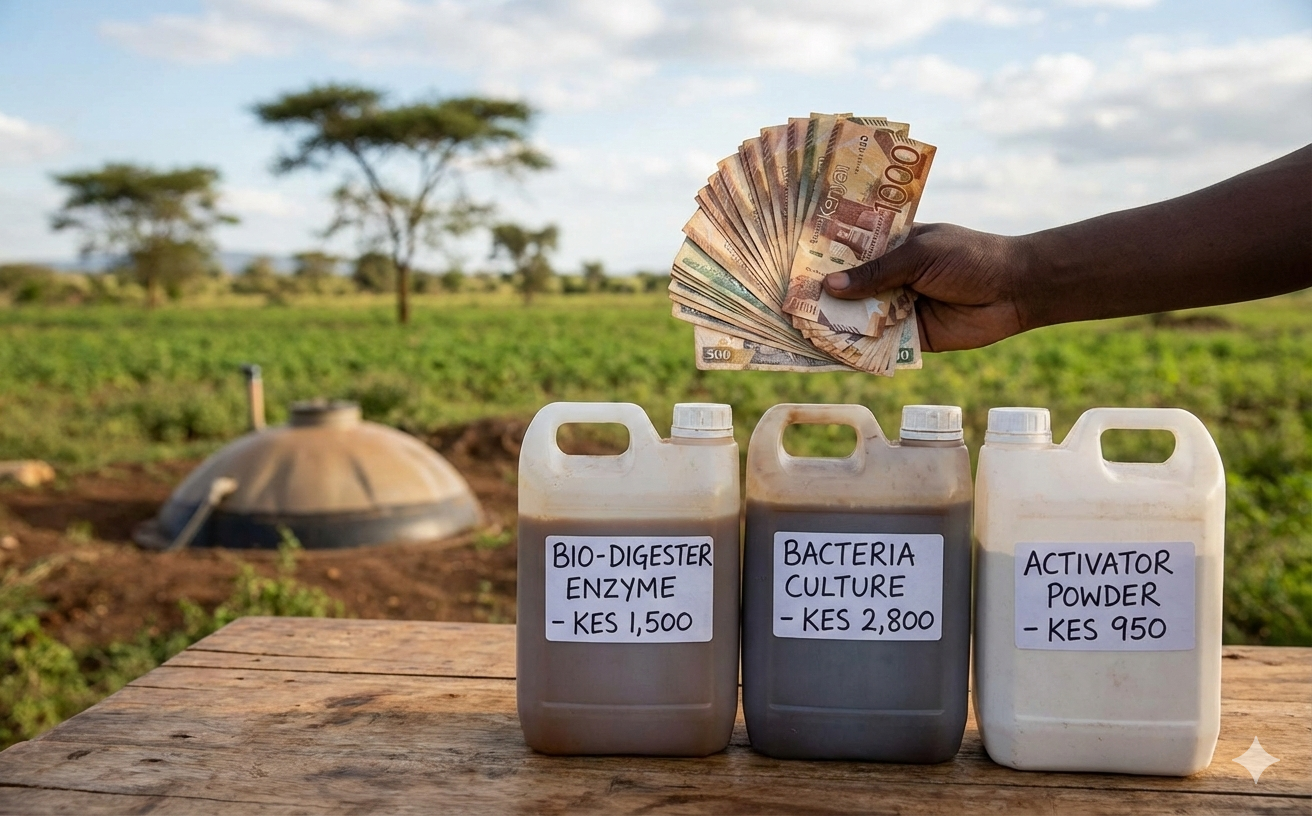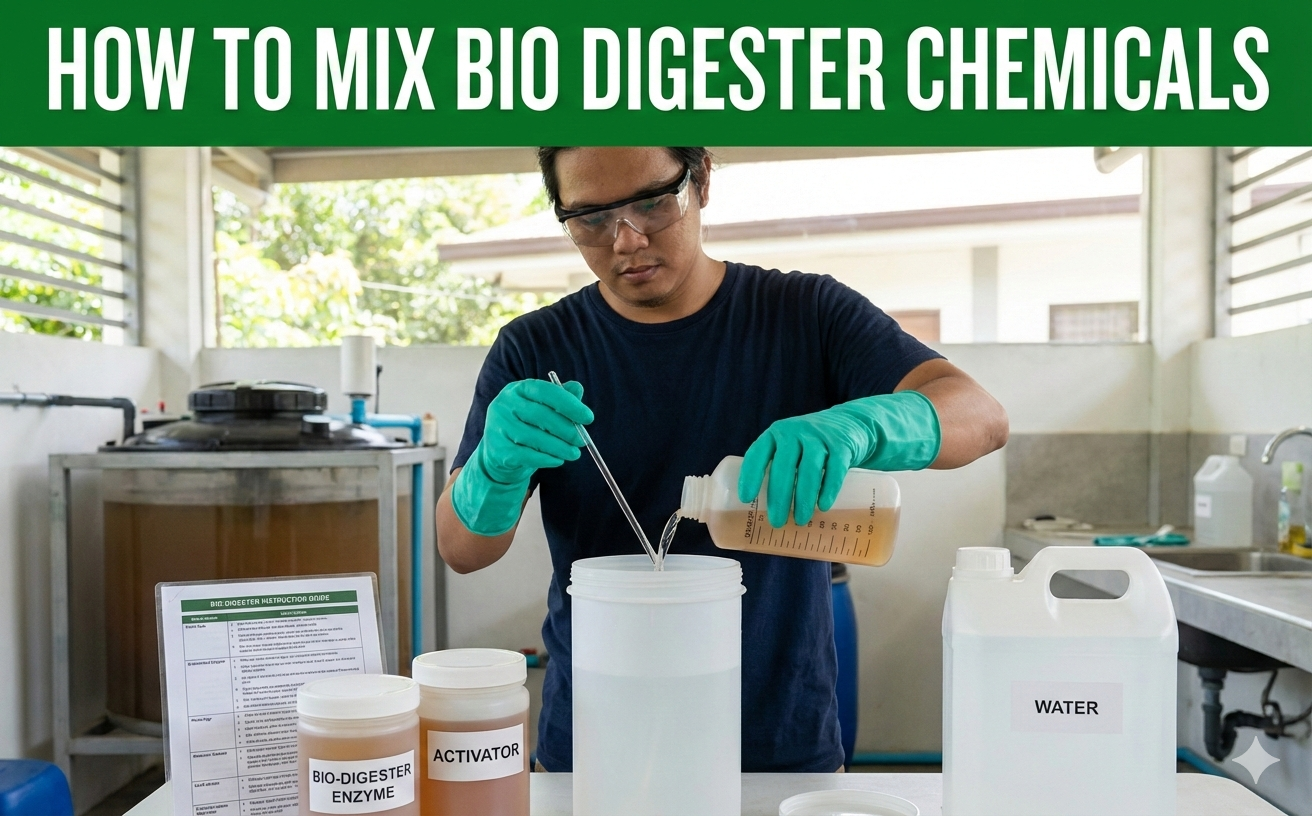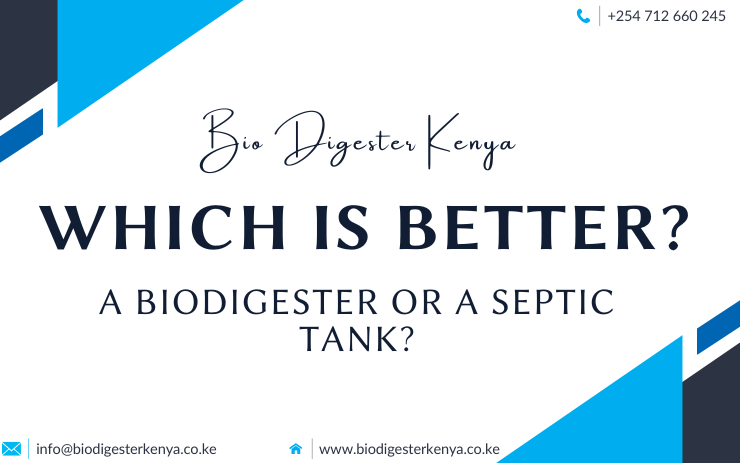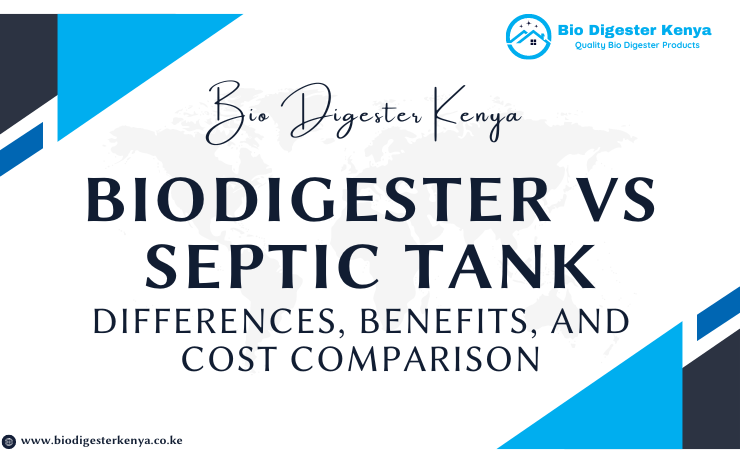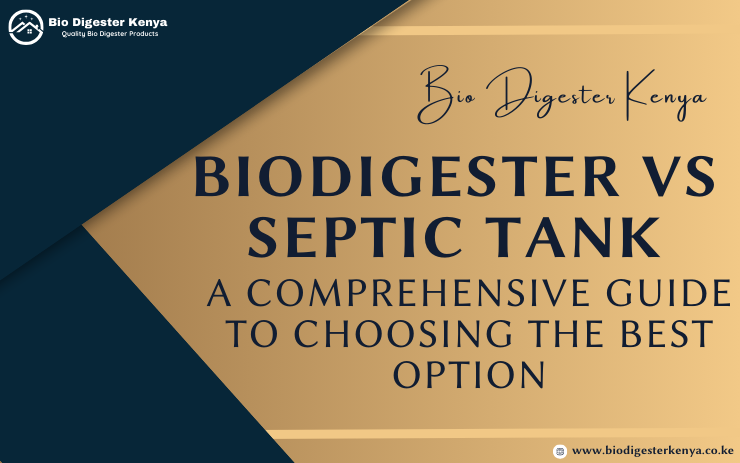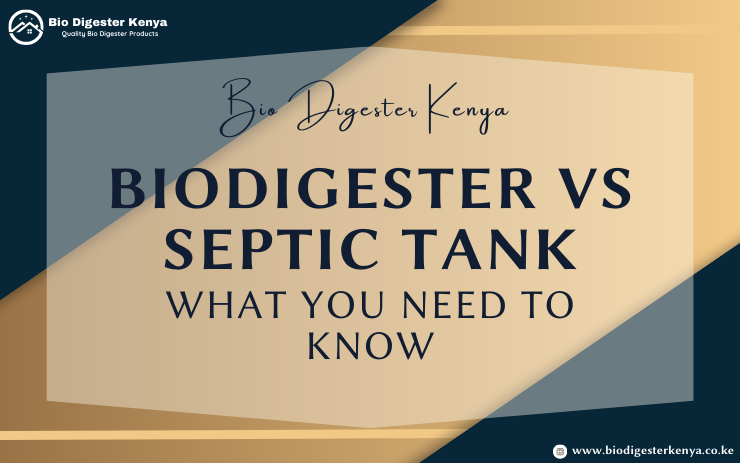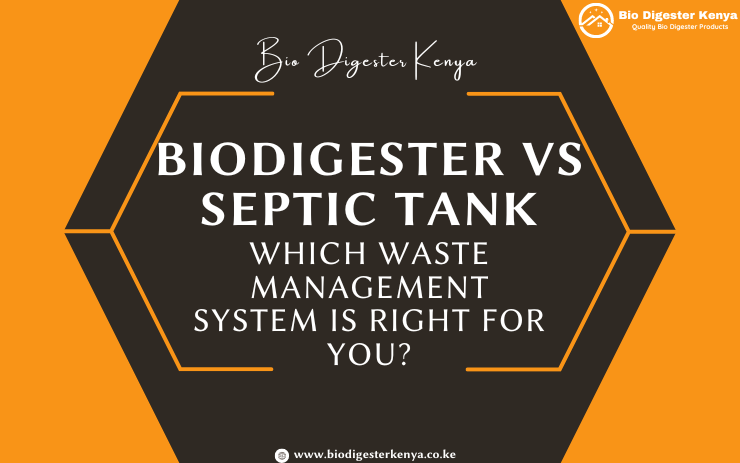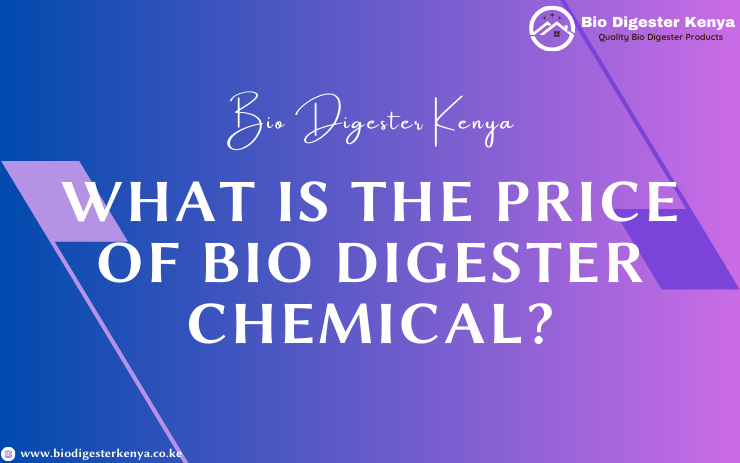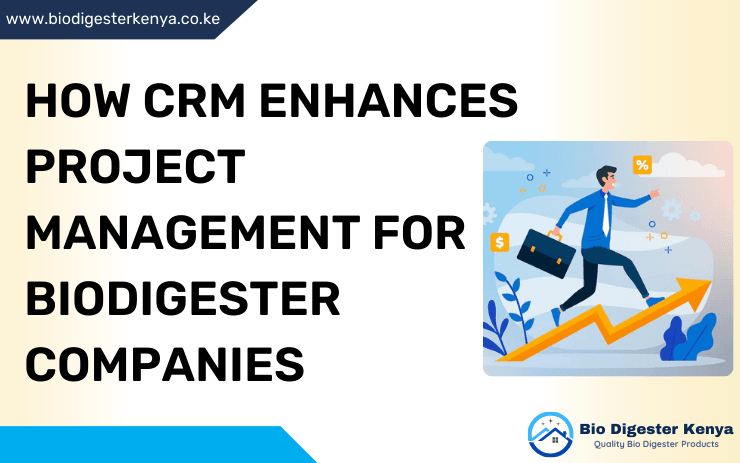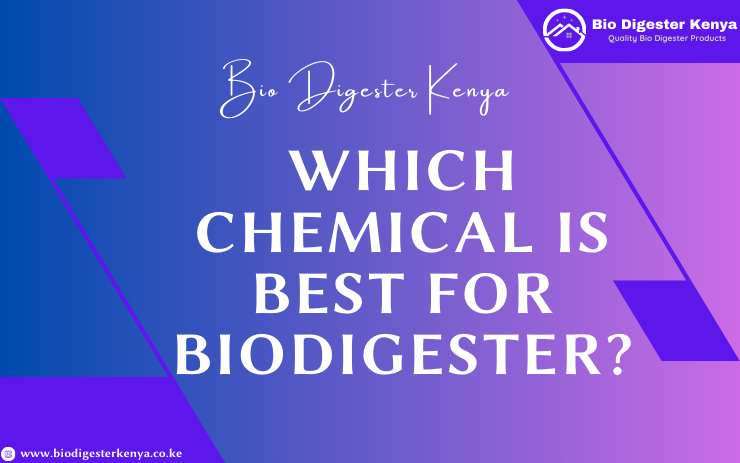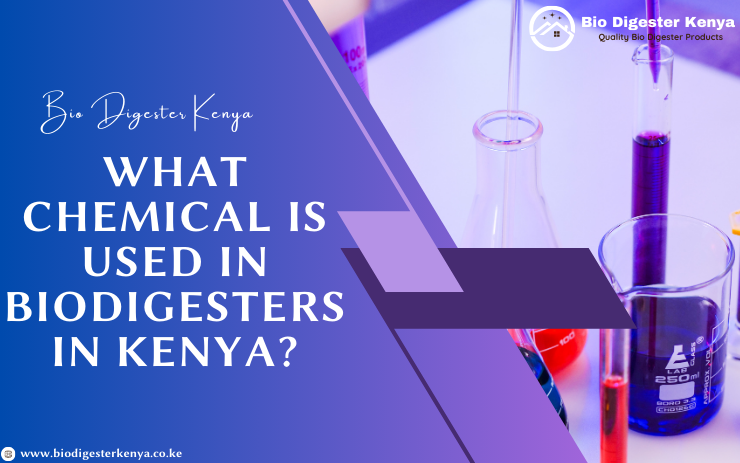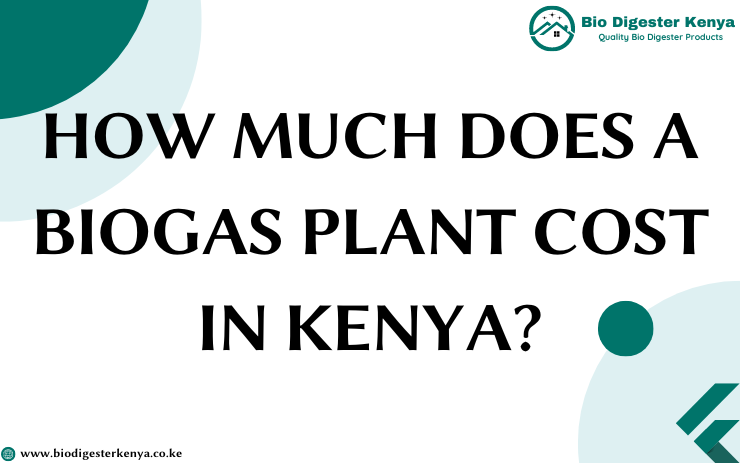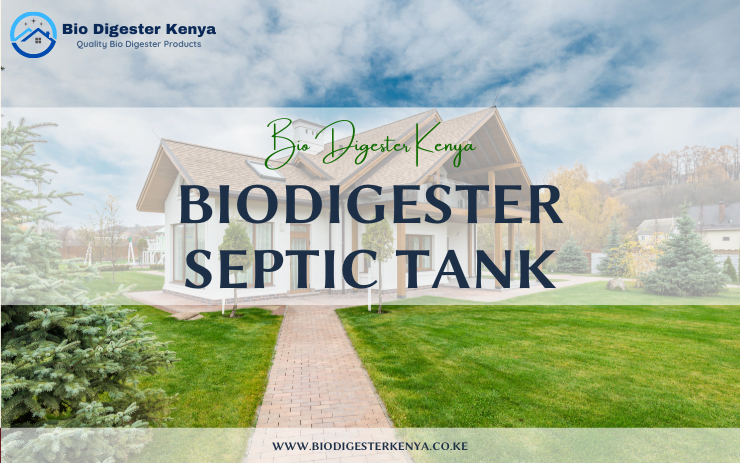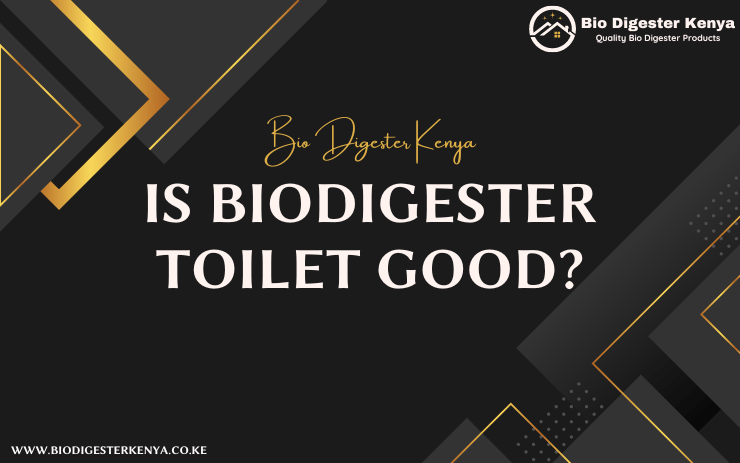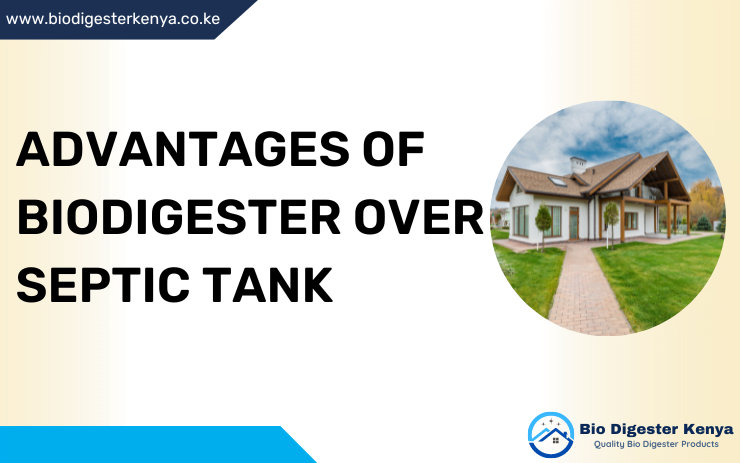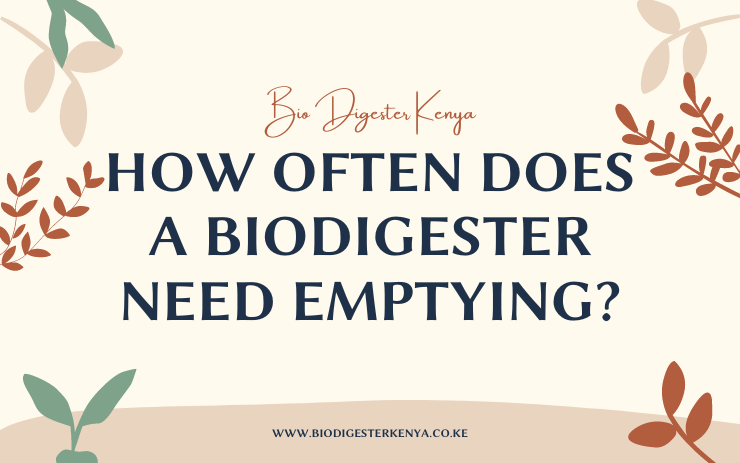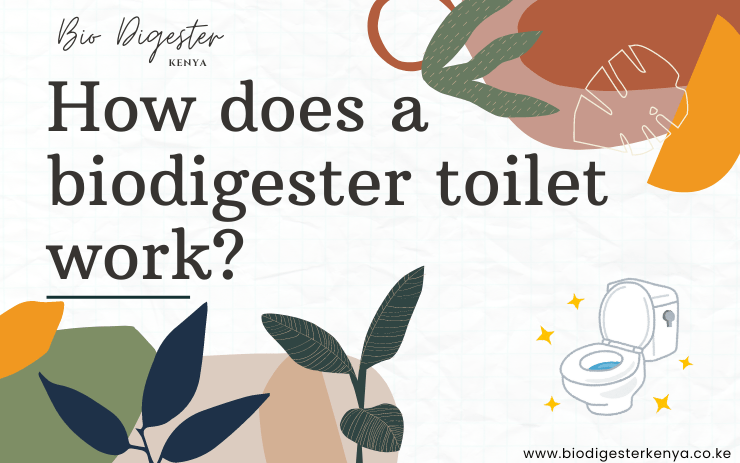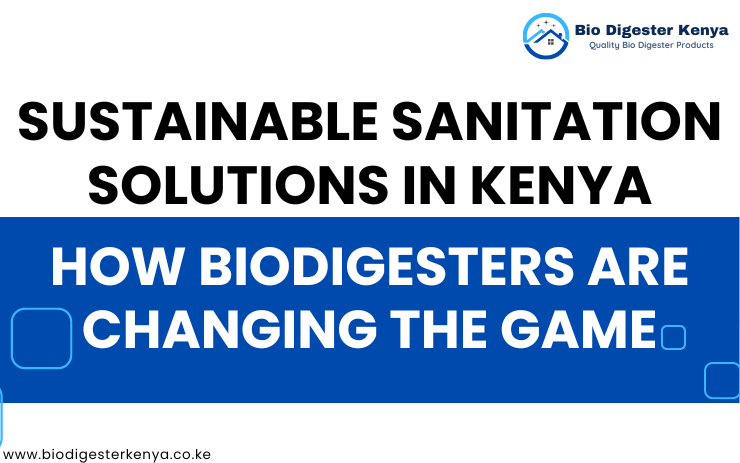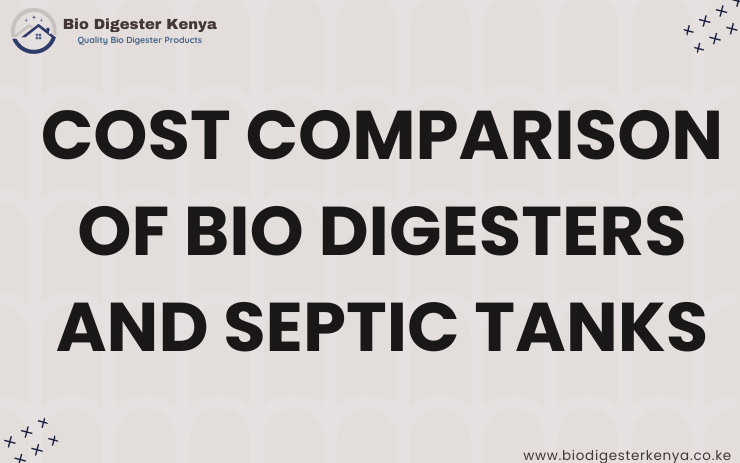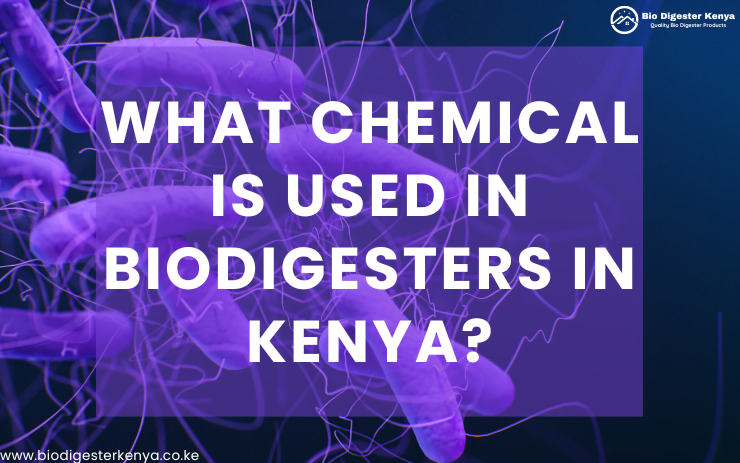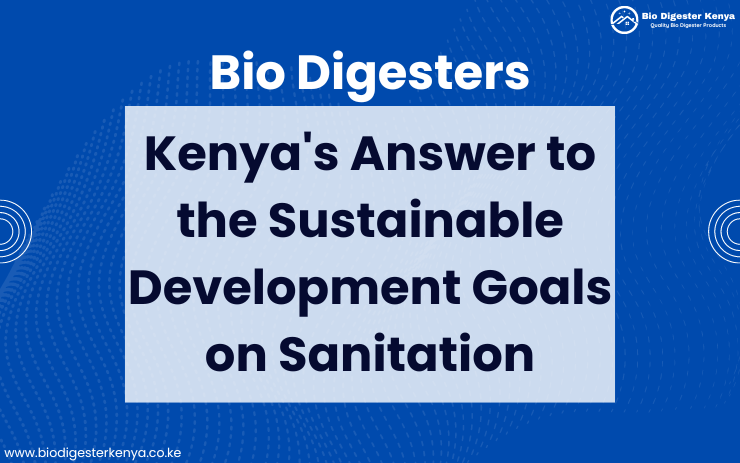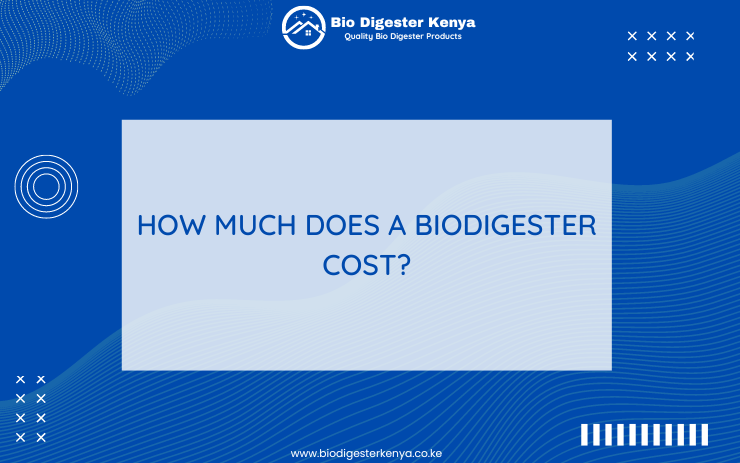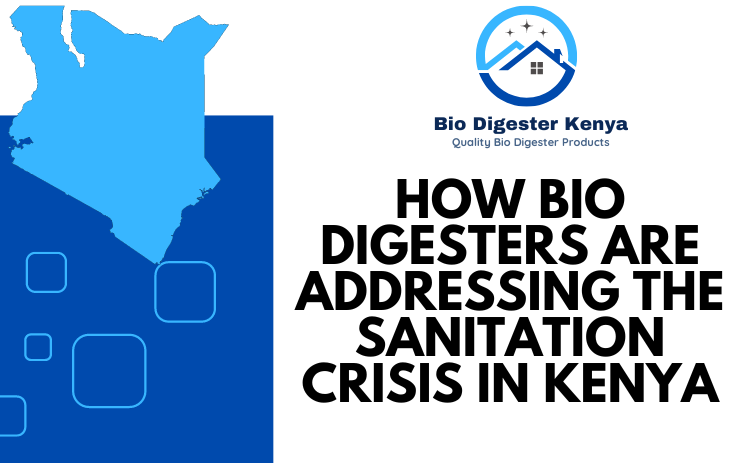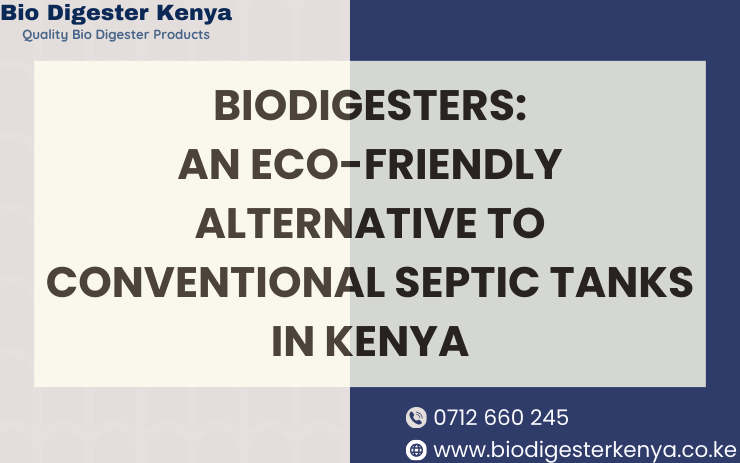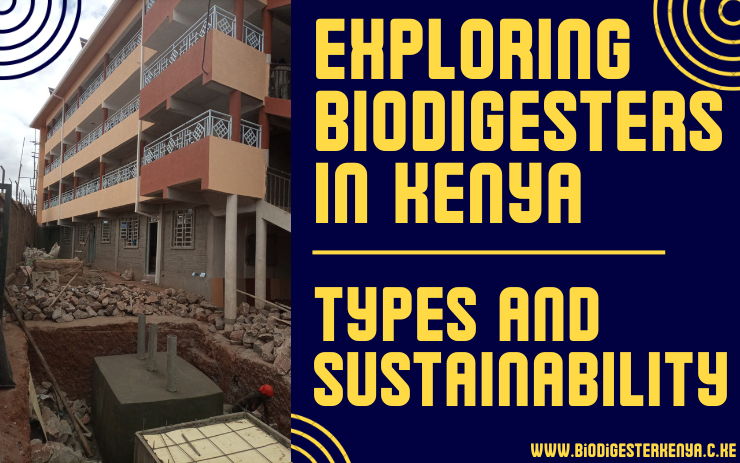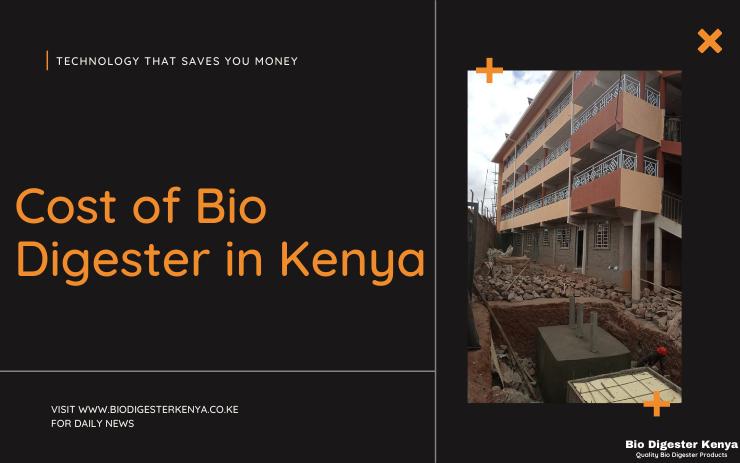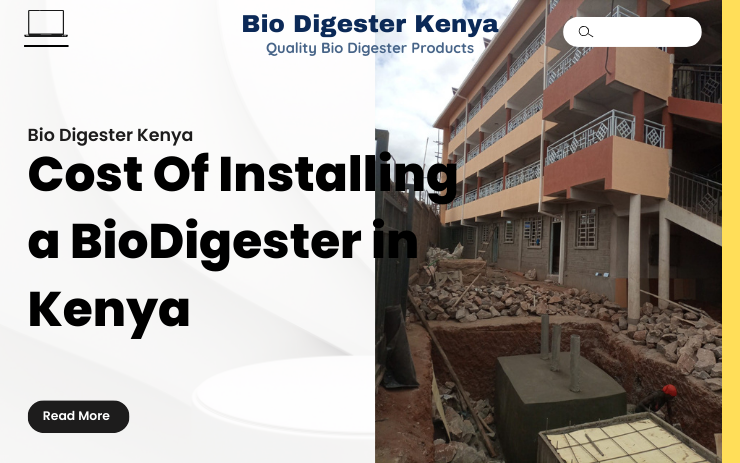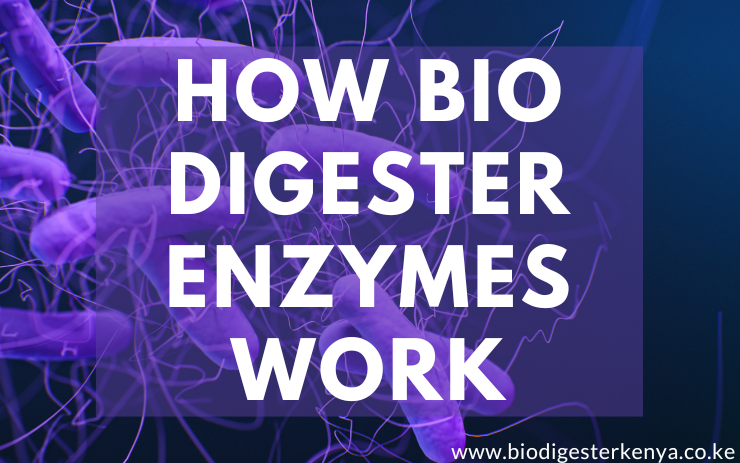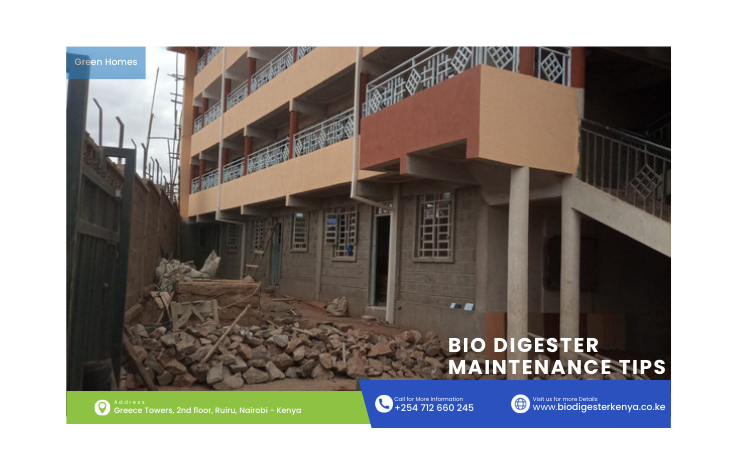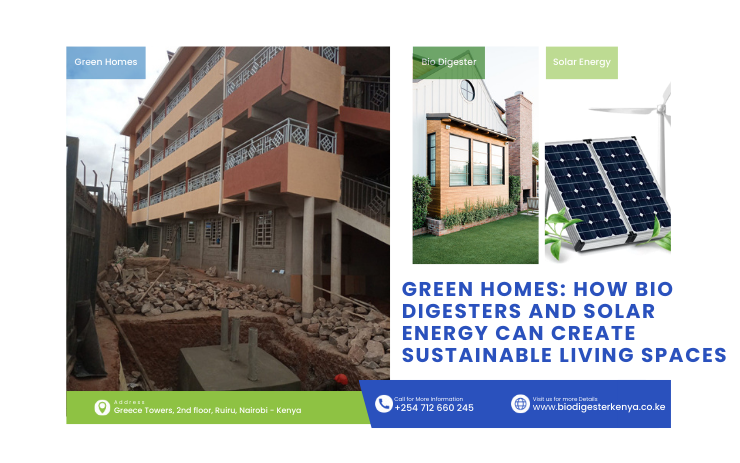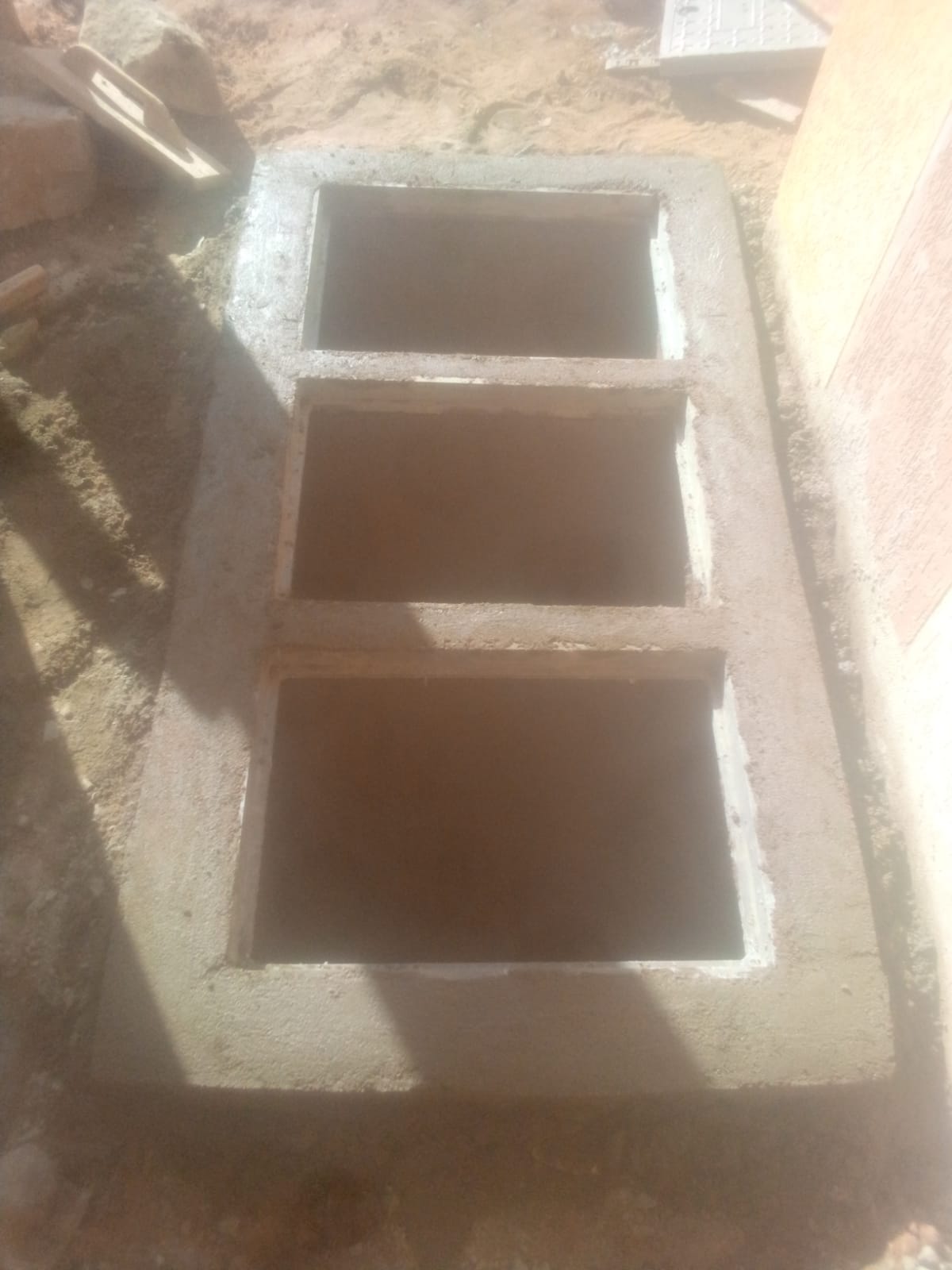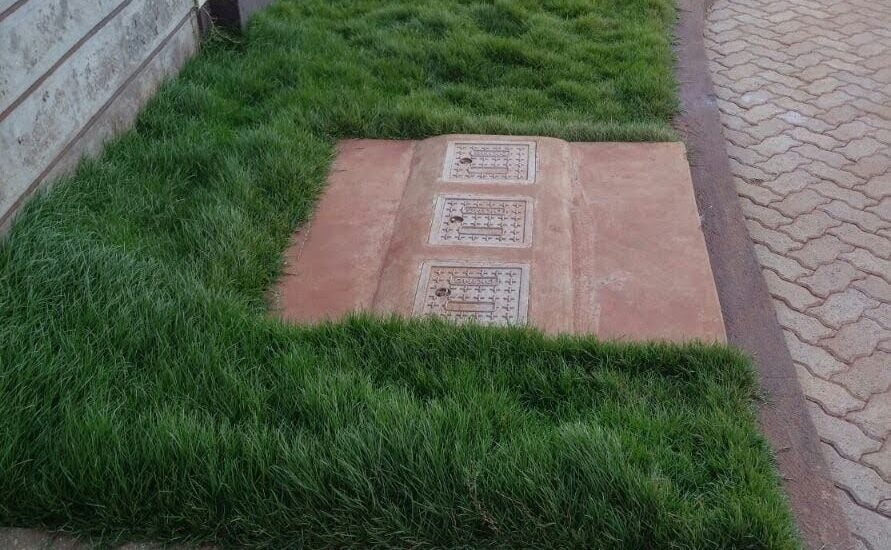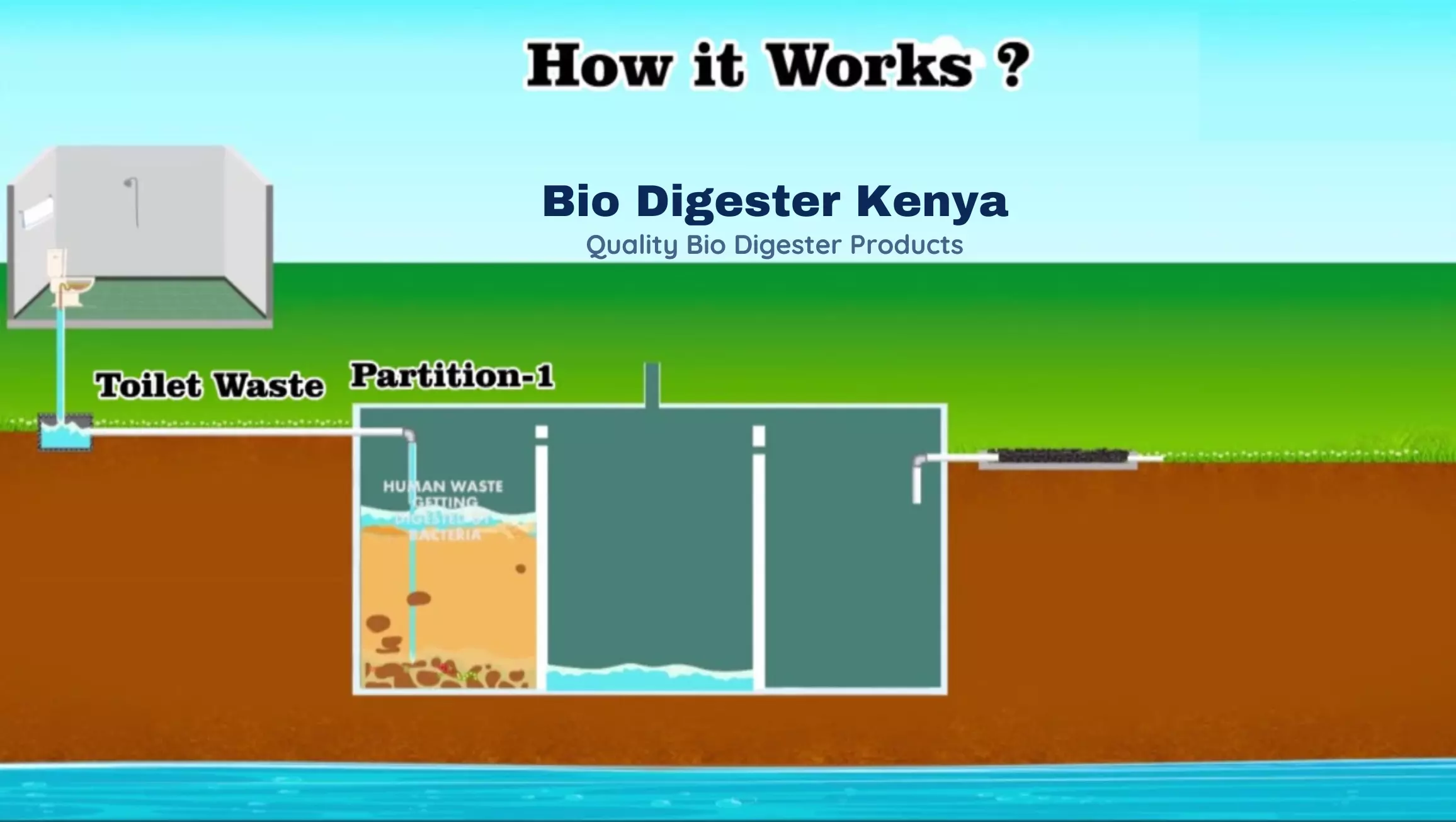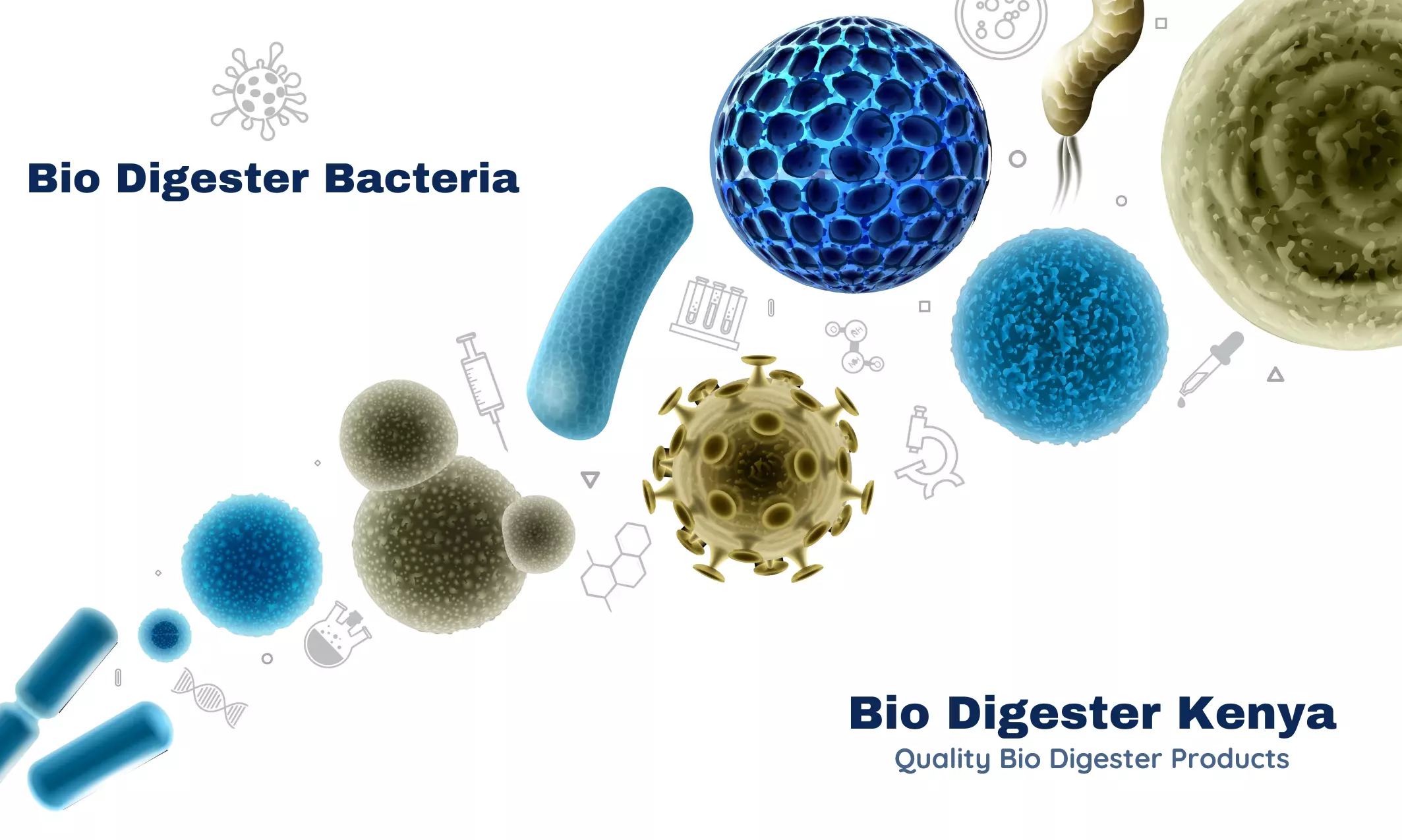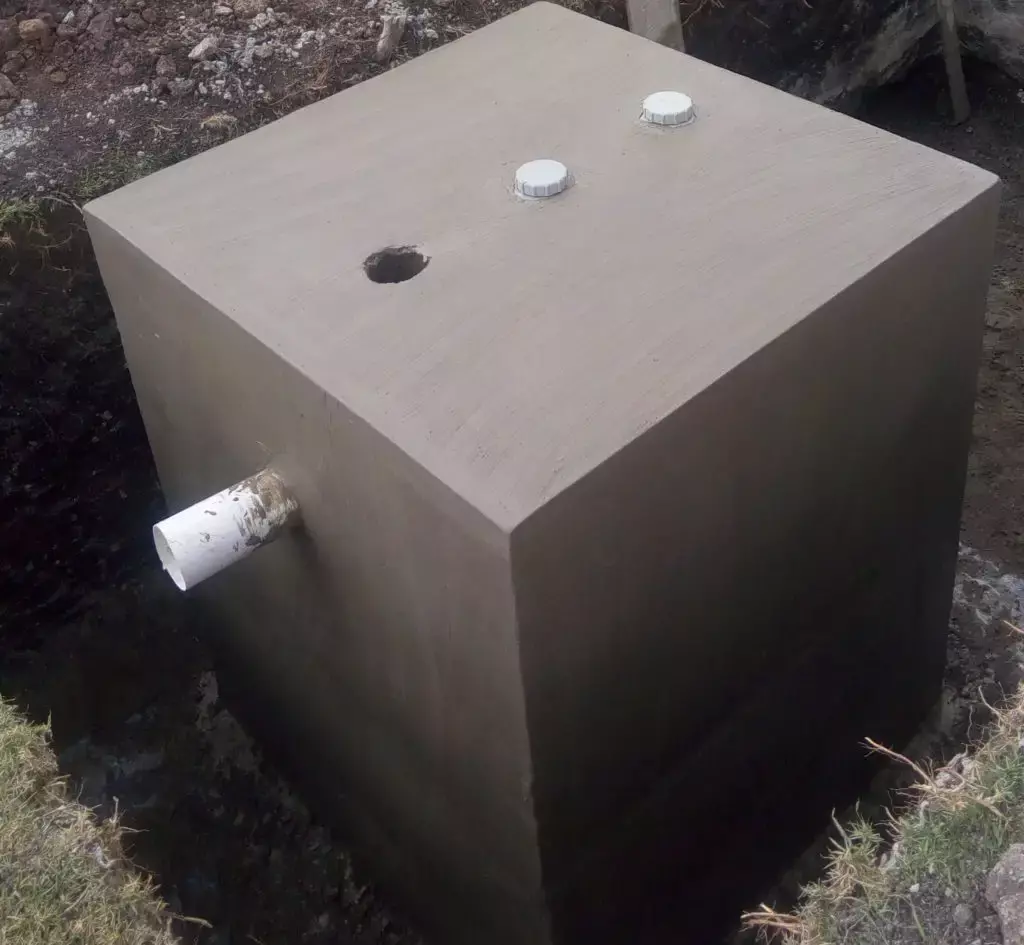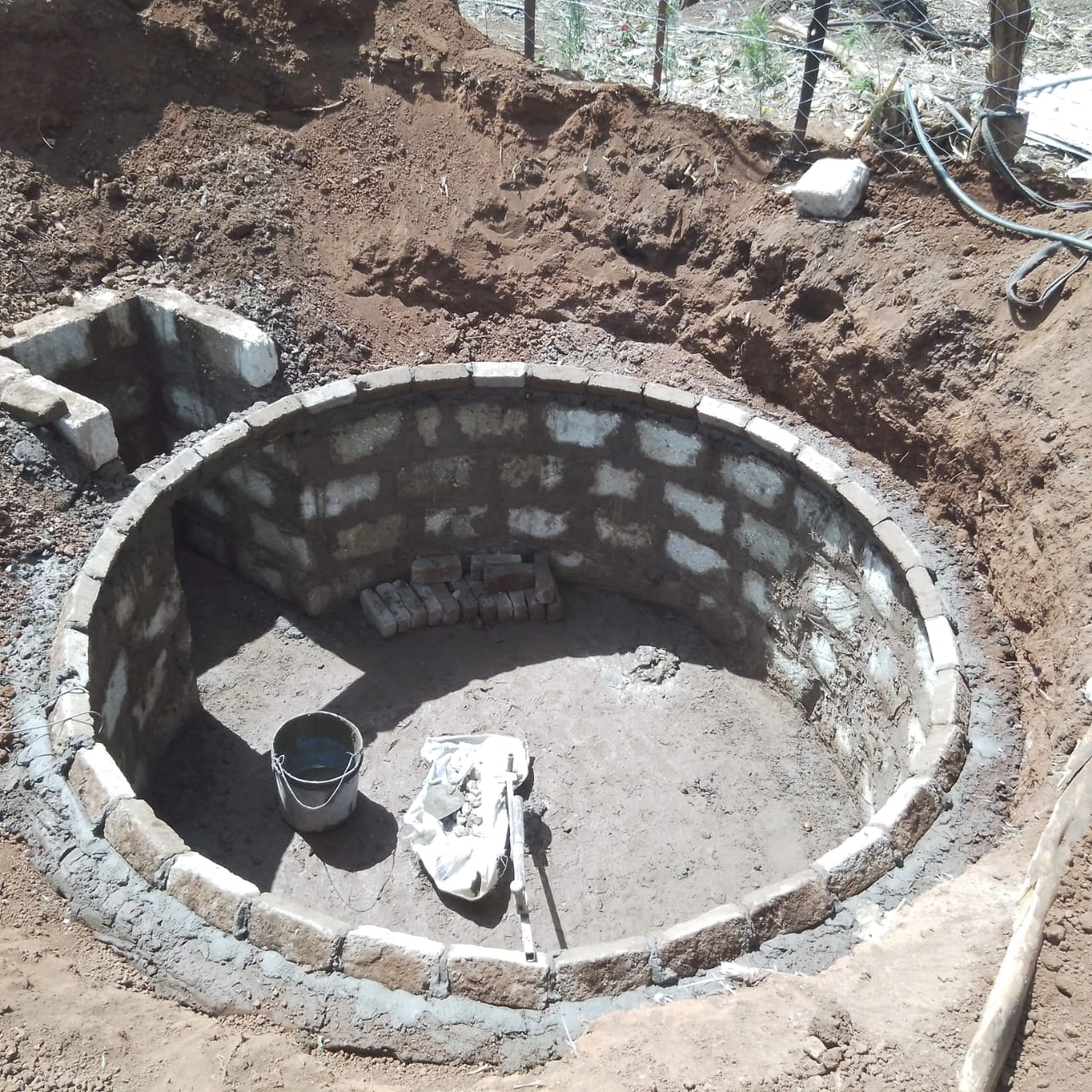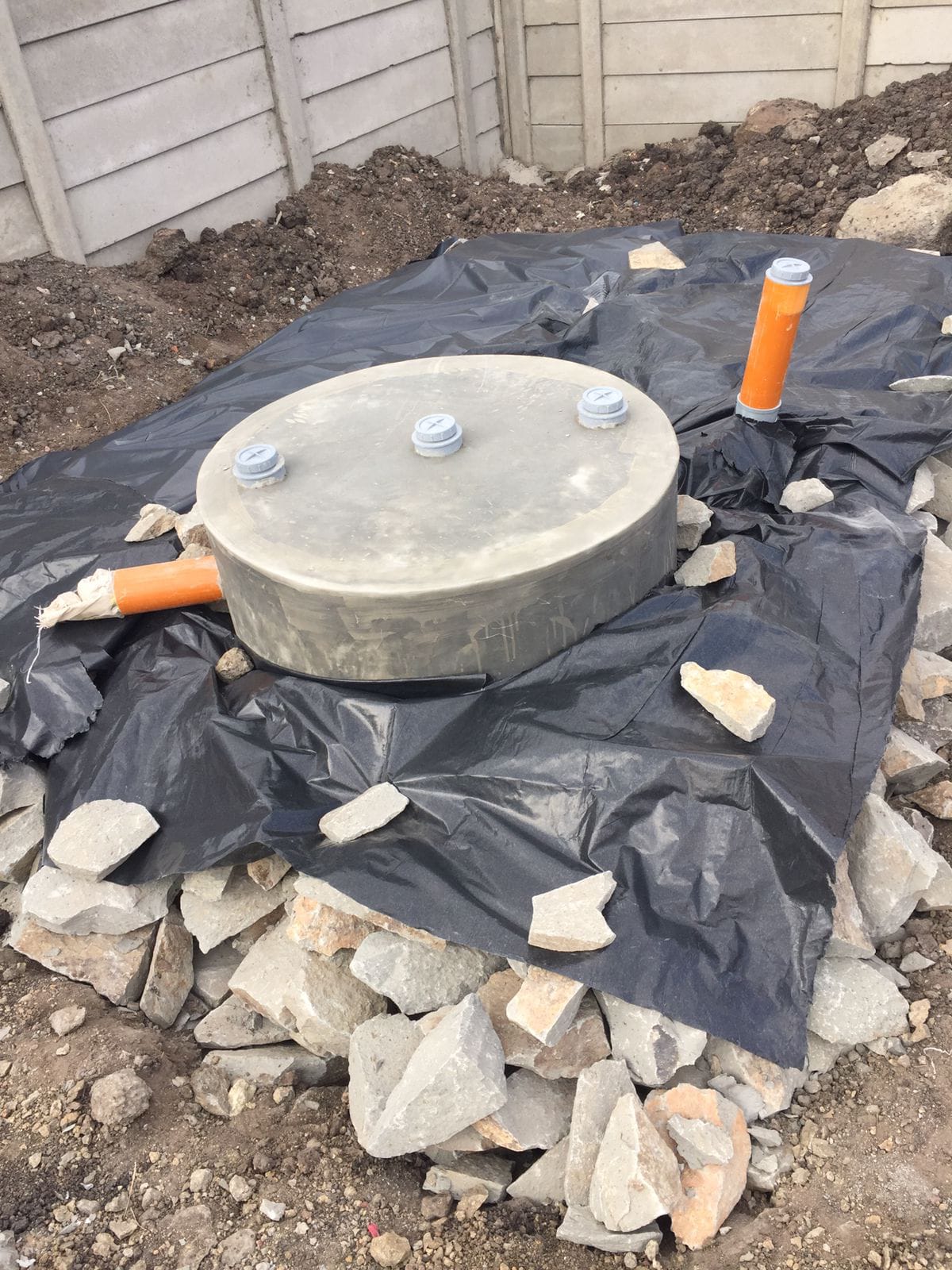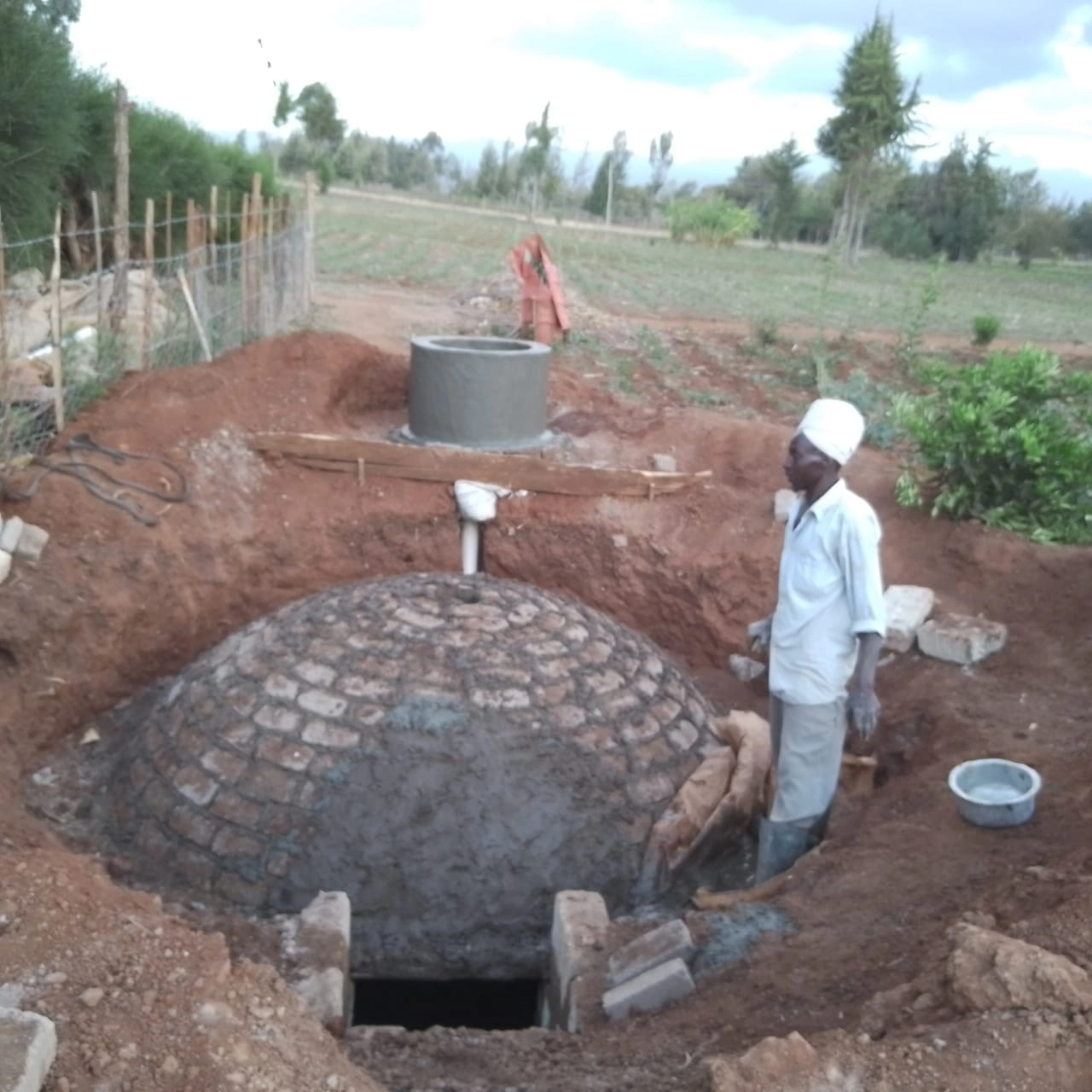Discover the differences between a biodigester and a septic tank for your home.
Learn the pros and cons of each and find out why Bio Digester Kenya offers the best waste management solutions for residential and commercial spaces in Kenya.

Table of Contents
Introduction
When it comes to managing household waste, one of the most critical decisions homeowners face is choosing between a biodigester septic tank and a traditional septic tank.
Waste management is essential for maintaining a clean and sustainable environment, especially in Kenya, where water resources can be scarce.
Bio Digester Kenya specializes in designing and installing modern biodigesters that offer a highly efficient, eco-friendly alternative to traditional septic tanks.
In this article, we’ll explore the pros and cons of biodigesters and septic tanks to help you make the best decision for your home.
What is a Biodigester?
A biodigester is an advanced waste management system designed to treat human waste and organic matter.
Biodigesters use natural processes to break down waste through enzymes and bacteria, resulting in water and gas byproducts.
The end product, water, is safely absorbed into the ground, eliminating the need for frequent emptying like with septic tanks.
Bio Digester Kenya designs systems that are efficient, space-saving, and environmentally friendly.
Our systems use biodigester enzymes to rapidly digest waste, making them an excellent choice for Kenyan homes and commercial spaces.
What is a Septic Tank?
A septic tank is a traditional waste management system used in many parts of the world.
It works by allowing waste to settle in a large underground tank, where solids break down slowly, and liquids drain into a leach field.
Septic tanks require regular pumping and maintenance to prevent overflow and environmental contamination.
While septic tanks have been widely used for decades, they come with certain challenges that make biodigesters a more appealing alternative in many modern settings, especially in urban Kenya.
Key Differences Between Biodigester and Septic Tank
- Efficiency: Biodigesters break down waste faster and more effectively than septic tanks, thanks to the use of enzymes.
- Environmental Impact: Biodigesters produce no harmful byproducts and reduce the risk of groundwater contamination, making them eco-friendly.
- Space Requirements: Biodigesters are compact and can fit in tighter spaces, making them ideal for urban homes, whereas septic tanks require more space for both the tank and leach field.
Biodigester Pros
- Eco-Friendly: Biodigesters create minimal environmental impact by breaking down waste into water and gas.
- Low Maintenance: Once installed, a biodigester septic tank requires little maintenance. Occasional enzyme replenishment is all it needs.
- Compact Design: These systems are perfect for homes with limited outdoor space.
- Odorless: Biodigesters are virtually odorless, unlike traditional septic tanks, which can sometimes emit unpleasant smells.
Biodigester Cons
- Higher Initial Cost: Installing a biodigester is generally more expensive than a septic tank, but the long-term benefits outweigh the initial investment.
- Enzyme Dependency: Biodigesters rely on enzymes for optimal function, requiring homeowners to replenish these enzymes periodically.
- Limited Availability of Skilled Installers: Not every contractor is familiar with biodigester technology, but Bio Digester Kenya has the expertise you need.
Septic Tank Pros
- Widely Used: Septic tanks have been around for a long time, making them a familiar option for many homeowners.
- Cost-Effective for Large Properties: For large homes or properties with ample space, septic tanks can be a cost-effective solution.
- Simple Design: The design is straightforward and doesn’t require advanced technology or enzymes.
Septic Tank Cons
- Frequent Pumping: Septic tanks require regular pumping, which can be costly and inconvenient.
- Risk of Contamination: Septic systems can contaminate groundwater if not properly maintained, leading to environmental issues.
- Space Requirements: Septic tanks require large leach fields, which may not be feasible in small or urban properties.
Why Biodigesters Are Ideal for Kenya
In Kenya, water conservation is a significant concern, and biodigesters offer a solution.
Unlike septic tanks that require large volumes of water for flushing, biodigesters use enzymes to break down waste without excessive water use.
Moreover, Bio Digester Kenya systems are perfect for both residential and commercial applications, offering an efficient and eco-friendly solution.
How Biodigesters Save Money in the Long Run
While the initial cost of installing a biodigester may be higher, the long-term savings in maintenance, enzyme replenishment, and lack of regular pumping make it a cost-effective choice.
Additionally, you’ll save on potential environmental fines and repairs caused by septic tank malfunctions.
How to Maintain a Biodigester
Maintaining a biodigester is simple and straightforward.
The primary maintenance task is adding biodigester enzymes, which are available from Bio Digester Kenya.
These enzymes help break down the waste efficiently and keep the system functioning at its best.
Biodigester Installation Process
At Bio Digester Kenya, we offer a seamless installation process.
Our team evaluates your space, designs a system that fits your needs, and completes the installation quickly.
From residential homes to large commercial spaces, we handle everything.
Choosing the Right System for Your Home
When deciding between a bio septic tank and a biodigester, consider factors such as your location, space availability, and environmental impact.
If you live in a small urban area, a biodigester may be your best bet due to its compact size and low water usage.
Bio Digester Kenya: Your Solution for Modern Waste Management
At Bio Digester Kenya, we’re dedicated to providing the best waste management solutions for your home or business.
Our services include biodigester design, installation, and enzyme supply.
We’ve helped countless Kenyans transition to modern, efficient waste systems, and we can do the same for you.
Conclusion
Choosing between a biodigester and a septic tank depends on your needs, but in most cases, a biodigester offers a more eco-friendly, cost-effective solution.
Bio Digester Kenya is here to guide you through the process, ensuring a smooth transition to a sustainable waste management system.
FAQs
What is the difference between a biodigester and a septic tank? A biodigester uses enzymes to break down waste into water and gas, while a septic tank separates solids and liquids and requires regular pumping.
How long does a biodigester last? A well-maintained biodigester can last for decades with minimal maintenance.
Is a biodigester suitable for small homes? Yes, biodigesters are compact and ideal for homes with limited outdoor space.
How often do I need to add enzymes to my biodigester? Typically, enzymes need to be added every few months, depending on usage.
Can I install a biodigester in a commercial space? Absolutely! Biodigesters are perfect for both residential and commercial use, offering efficient waste management solutions.


